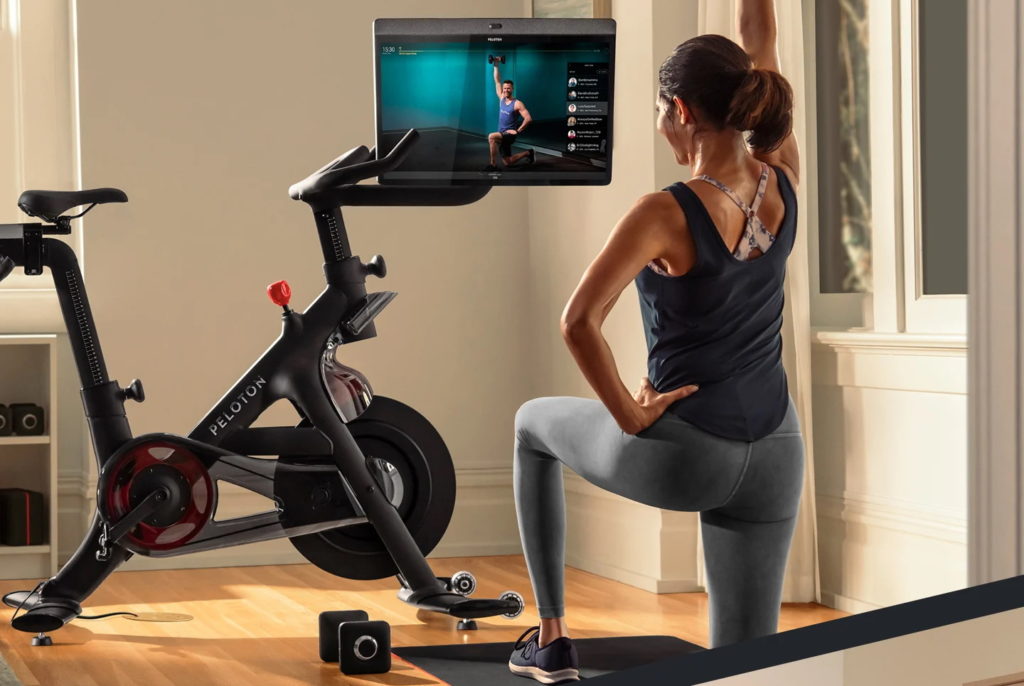Connected fitness frontrunner Peloton is partnering with employers to provide exclusive offers on its digital content and popular equipment.
In addition to employer-subsidized perks, corporate partners gain access to enterprise features for encouraging engagement and measuring usage. Peloton will also work with employers to outfit onsite fitness spaces.
According to Peloton president William Lynch, the program could become one of its biggest growth channels.
B2B fitness. On its new corporate website, Peloton checks all the boxes employers want to see, emphasizing worker engagement, productivity, and community-building.
So far, Peloton has piloted the initiative with Accenture Interactive, Samsung, Nasdaq, and SAP, among others.
Well-timed for the return of offices, companies could incentivize employees with Peloton’s new program — attracting new hires, luring existing workers to HQ, or bolstering remote work benefits.
The big picture: As we detailed in Issue No. 120, WFH Wellness, employee well-being programs are being reimagined for the future of work.
- In 2019, 88% of US employers with 200+ workers offered a wellness program.
- The US employee wellness industry was worth $8B in 2019.
- Globally, this number is expected to top $94B by 2026.
With user acquisition and revenue growth as the goal, partnering with employers is big business for health and fitness brands like Peloton. The caveat: corporate wellness programs rarely move the needle on healthcare costs or behavior change.
Next up? Peloton is poised to enter the wearables market. According to Bloomberg, the company is developing a heart rate tracking armband to measure the intensity of workouts.






